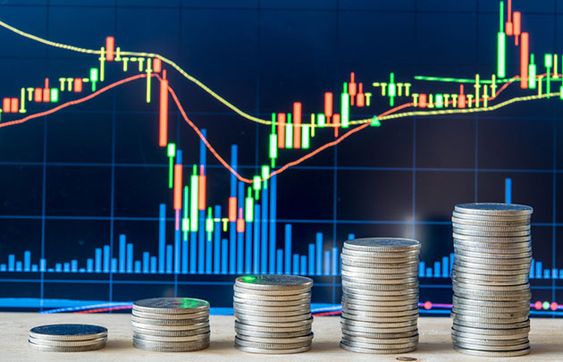Slippage is a typical occurrence in forex trading, however, it is frequently misinterpreted. Understanding the causes of forex slippage can help a trader reduce negative slippage while potentially increasing positive slippage.
Unexpected news developments and fluctuating volatility in the forex market generate slippage. It can also happen when you trade an instrument outside of its peak trading hours. It’s similar to trading a popular Asian session FX pair in the London session.
What is slippage?
When the price at which your order is executed differs from the price at which it was requested, this is known as slippage. This is especially common in fast-moving, highly volatile markets that are subject to sudden and unexpected trend changes.
Depending on the direction of the price movement, whether you are going long or short, and whether you are opening or closing a trade, the price difference might be positive or negative.
Slippage in forex trading
When market volatility is high and liquidity is low, slippage is most common in forex trading. This occurs more frequently on less popular currency pairs, as popular pairs such as EUR/GBP, GBP/USD, and USD/JPY have great liquidity and minimal volatility.
Your order will be filled at the original price requested as long as the price difference is within our tolerance limit. If it exceeds this tolerance, it will be denied, and you will be given the option to resubmit your order at the new price.
What causes slippage?
When market liquidity is low or volatility is high, slippage is common. Because fewer market participants are willing to take the opposing side of a trade-in low liquidity markets, it takes longer for an order to be placed and executed when a buyer or seller has been found. The price of an asset may vary as a result of this delay, indicating that you have experienced slippage. Price changes can happen quickly in volatile markets, even in the few seconds it takes to fill an order.
How can you avoid slipping?
- Trade low-volatility, high-liquidity markets
Slippage can be reduced by trading in markets with low volatility and good liquidity. This is because low volatility implies the price is less likely to fluctuate rapidly, and high liquidity indicates there are many active market participants to accommodate the other side of your bets.
You can also reduce your risk of slippage by trading only during peak hours when liquidity is at its highest. As a result, there’s a better probability that your trade will be completed swiftly and at the price you specified.
Slippage, on the other hand, is more likely to occur if you maintain holdings when the markets are closed, such as late at night or on weekends. This is because when a market reopens, its price may fluctuate dramatically due to news or announcements that occurred while it was closed.
- Apply stop-loss and limit orders to your trades
Guaranteed stops, unlike other forms of stops, are not susceptible to slippage and will always close your trade at the exact level you select. As a result, they’re the most effective strategy to mitigate the danger of a market-moving against you. It’s worth noting, though, that guaranteed stops, unlike ordinary stops, come with a premium if they’re activated.
Limits, on the other hand, can help to reduce the danger of slippage when entering a trade or taking profit from a profitable trade.
- Examine how others handle slippage
Some suppliers will fulfill orders even if the price does not match the required price, while others will fulfill orders as long as the price difference is within the investor’s tolerance level. The order will be refused if the price difference exceeds the tolerance level, and resubmission at a new price will be necessary.
To trade like an expert, you must understand How to avoid slippage in the forex market. And you may do so by enrolling in the Capital varsity forex trading course where you will learn everything about the forex market in-depth. After completion of this course, you will be able to handle slippage in forex trading.

